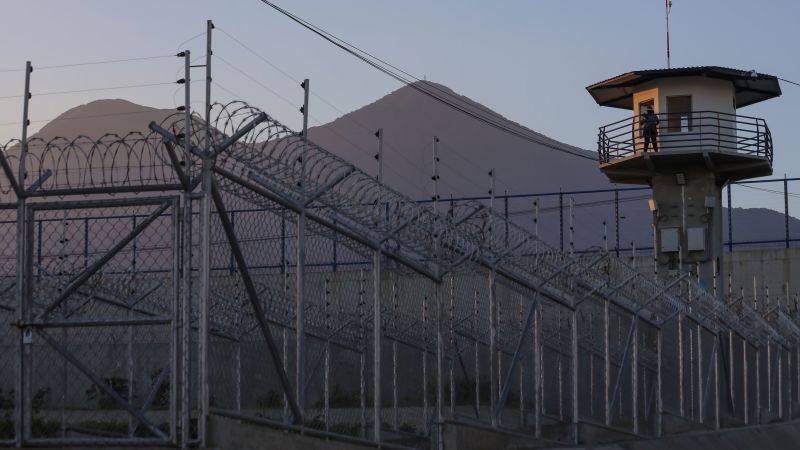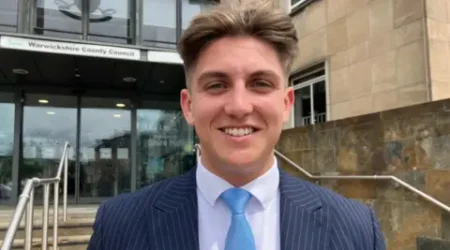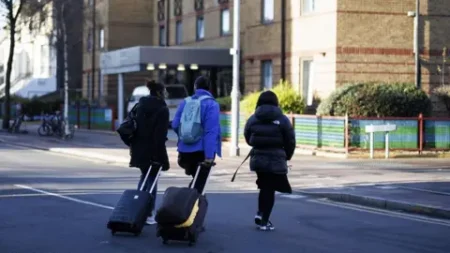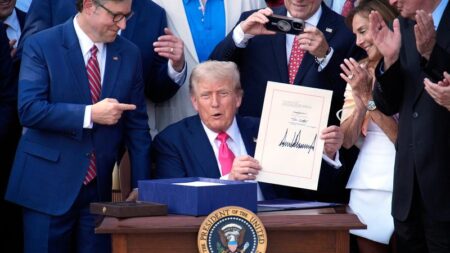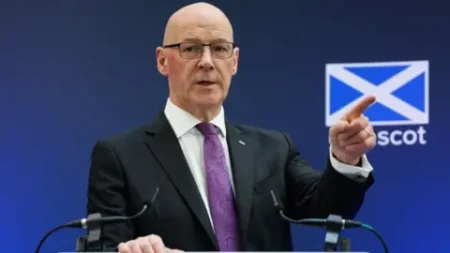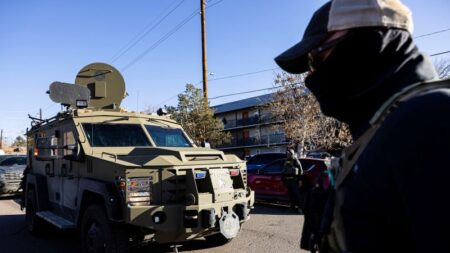On Friday, a significant humanitarian exchange took place between the United States and Venezuela under the Trump administration’s leadership. This operation was noteworthy for its scale, involving the repatriation of approximately 250 Venezuelan nationals who had been deported and subsequently imprisoned in El Salvador. In return, 10 American citizens held in Venezuela were freed, marking a pivotal moment for these families and the broader international diplomatic relations between the nations.
Secretary of State Marco Rubio heralded the release of American detainees via social media, expressing that they were on their way to freedom. He highlighted a significant point stating, “Until today, more Americans were wrongfully held in Venezuela than any other country in the world.” This underscored the successful culmination of efforts to resolve the plight of Americans who had found themselves in precarious situations abroad.
Among those released were individuals like Jorge Marcelo Vargas, Lucas Hunter, and Wilbert Joseph Castaneda, whose circumstances had drawn attention to the ongoing issues of wrongful detentions. For example, Lucas Hunter, 37, was initially kidnapped by Venezuelan border guards during a vacation in Colombia in January 2024, as informed by his sister Sophie Hunter. The emotional toll of such events was evident in the remarks from family members, many of whom waited anxiously for news of their loved ones.
In a statement, Christian Castaneda, the brother of Wilbert Joseph Castaneda, articulated the ordeal faced by his brother, who was arrested while visiting friends in Caracas in August 2024. He labeled his brother as an “innocent man” caught in a political game, a sentiment echoed by many families of the detainees who felt that their loved ones were unjustly thrown into the turbulent waters of international politics.
In a reciprocal move, Venezuela’s government verified the repatriation of 252 of its own citizens who were brought back from El Salvador, where they had been detained in a notorious mega-prison known as the Terrorism Confinement Center (CECOT). The situation was further complicated by the fact that the U.S. had previously classified some of these deportees as gang members, a claim that was vigorously contested by immigration attorneys and family members who argued there was insufficient evidence of any criminal activity on their part.
The process of negotiation and execution of the prisoner swap was described by a senior administration official as “down to the wire.” The complexities of dealing with the Venezuelan regime, characterized by uncertainty and political maneuvering, presented unique challenges. The official indicated that the delays from the Venezuelan side were perceived as a means of asserting power and control, demonstrating the fraught and often unpredictable nature of international diplomacy in such sensitive matters.
Furthermore, Venezuelan officials highlighted the humanitarian nature of the transfer, which included a flight from Texas bringing back citizens, with Venezuelan Interior Minister Diosdado Cabello noting that there were even children who had been separated from their families during this process. Salvadoran President Nayib Bukele also made statements about the exchange, affirming that his government had released all the detained Venezuelan nationals.
The operation’s logistics involved various layers, with the U.S. State Department’s Office of the Special Presidential Envoy for Hostage Affairs (SPEHA) playing a vital role. This involvement illustrates the organized effort by the U.S. government to address and negotiate the release of those wrongfully detained abroad, an ongoing focus for the administration.
Following the exchange, U.S. hostage envoy Adam Boehler was present in El Salvador to meet with the released Americans before they made their journey back home. These complex and fraught diplomatic negotiations reveal the intricacies of international relations – particularly in cases where human rights and personal stories are at the forefront of political discussions. Ultimately, the successful completion of this prisoner swap appears to be a moment of relief and triumph for many families, as they look forward to reuniting with their loved ones who had been wrongfully detained.




